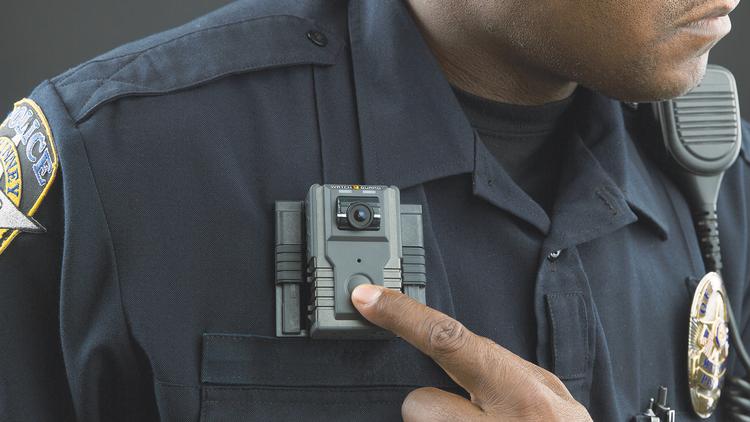The nation’s largest municipal police force, the New York City Police Department, started equipping its officers with body-worn cameras few weeks ago. The national movement for body-worn cameras has been driven by tragedies over the past decade in which black men and boys have died unreasonably at the hands of police officers. The movement towards body-worn cameras has been publicized as a revolution in policing, because it is beginning an era of real-time police accountability. However, there is a core dilemma for citizens to be aware of: unwarranted surveillance of citizens in society.
Video does have the power to drastically improve policing, because it makes everyone eyewitness to police-civilian interactions. Video recordings can provide evidence of police misconduct and can be used to train, discipline, fire, and even prosecute officers. On the other hand, video footage can also be utilized to exonerate falsely accused officers of misconduct. The broad aim of implementing body worn cameras is to avoid illegal, inappropriate police-civilian interactions.
In Philadelphia, the transit (SEPTA) police body camera program has proven to be successful, as complaints are down 25 percent. Recently, the entire SEPTA police force has been outfitted with video and audio recording body cameras, which are activated when the police respond to police radio calls or engage with the public. In the time since activation, complaints against officers decreased as well as both officer and offender injuries.
However, there are some rising concerns about when the body-cameras are being used. It is important for police departments to get the details correct, including the on/off button. Some things that take place during an officer’s shift should not be recorded, so body-camera programs rely on officers themselves to turn the cameras off at appropriate times. Police departments must be careful in ensuring that officers are not manipulating cameras to avoid recording misconduct.
Lastly, another public concern includes body-cameras becoming powerful tools of mass surveillance by the police. Before we know it, police departments all around the country will have a huge collection of footage of people in all walks of life. Because facial recognition software already exists, it will not be long before that technology in conjunction with body-worn cameras.
In New Jersey, video cameras are mandatory on all new patrol cars, and body-worn cameras are widely used. Aside from the privacy interests at stake, they offer powerful evidence in encounters with the police. The experienced NJ criminal lawyers of Schwartz & Posnock request them in every case, and have obtained acquittals as a result of the video seen on the tapes.
Our firm has handled Federal, State, and Municipal Court criminal cases throughout the State of New Jersey for over thirty years. We have a proven track record of excellent results for our clients. Please contact us in any one of our convenient locations, including our Monmouth County office, located in Eatontown (at the Jersey Shore), our Essex County office, located in Livingston, our Union County office, located in Linden, or our Middlesex County office, located in East Brunswick, to discuss your case. You may call the experienced criminal defense attorneys of Schwartz & Posnock at 732-544-1460 or email us at info@schwartzposnock.com.

